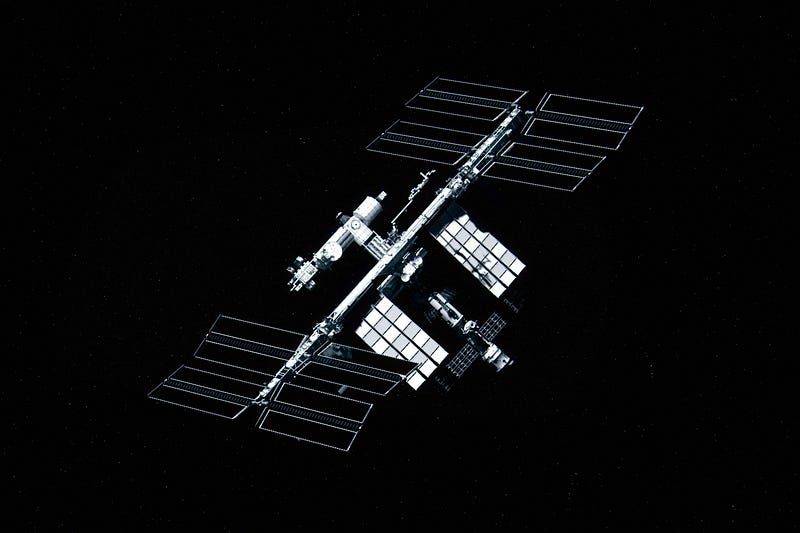Exploring the Future of Space: Who Benefits Most?
Written on
The Rise of Space Exploration
Space exploration reached an unprecedented milestone with NASA’s Apollo missions that successfully landed humans on the moon. However, since that landmark achievement, public enthusiasm for space has waned.
The Privatization Perspective
The privatization of space endeavors offers varied viewpoints. For instance, SpaceX's assistance to astronauts Suni Williams and Butch Wilmore aboard the International Space Station (ISS) can be perceived as a supportive gesture from the private sector. Conversely, the low levels of public interest and funding for scientific research have led some to view NASA as a relic of the past. The challenges faced, such as crew members being stranded due to unforeseen hazards, make it hard for the public to recognize advancements.
When exploration is driven by private interests, it often lacks the communal spirit and pride associated with public missions. The setbacks of the Boeing Starliner and its jetliner issues have further fueled skepticism and diminished trust in private ventures.
NASA's Renewed Focus
On a positive note, the current situation allows NASA to concentrate on critical space telescopes and missions, including the James Webb Space Telescope (JWST), NEOWISE, and the upcoming Near Earth Object Survey (NEOS). The NEOWISE survey recently unveiled exciting discoveries, such as a brown dwarf, designated CWISE J1249, moving at an astonishing speed of one million miles per hour away from the Milky Way. This object is just one of around 4,000 similar celestial bodies that warrant further study.
Although the NEOWISE telescope fell back to Earth in July 2024, the NEOS mission is anticipated to launch before 2027, with a focus on gathering extensive data about Near Earth Objects.
While finding ways to deflect potentially hazardous asteroids may seem more critical than rescuing two astronauts, it is undeniable that people are often more drawn to personal stories than to distant scientific findings, regardless of their significance.
Human vs. Robotic Exploration
The fascination with manned spaceflight often overshadows robotic missions, even when the latter yield remarkable discoveries. Ethical questions arise: Do private manned missions to Mars benefit everyone? Will the exploitation of lunar, asteroid, or planetary resources enrich humanity as a whole? Additionally, concerns about the mental and physical health of astronauts persist.
As humanity uncovers more awe-inspiring celestial objects, public interest and knowledge will likely lead to increased collaboration between governmental bodies, international organizations, and private enterprises.
The Importance of Data Collection
Efforts to monitor threats to Earth, such as climate change, asteroid impacts, space debris, and solar flares (including recent events like AR3664), continue to be paramount. Exploration endeavors, whether public, private, or collaborative, have significant work ahead to secure contracts and funding.
A common query is whether space tourism can support serious scientific research or if it will merely serve the leisure pursuits of the affluent. With any complex project, numerous factors and uncertainties come into play.
The Future Workforce
As data collection becomes more extensive, there will be a growing demand for skilled individuals who possess not only technical knowledge and engineering expertise but also an understanding of the motives behind these explorations. Public scrutiny could lead to a decline in support for missions, while excitement and a desire to witness history will propel us toward unraveling the mysteries of the universe.

Please follow, clap, highlight, or comment for Rivers of appreciation.